Hughes reached his prime in writing during the time of the Harlem Renaissance. This was a unique time period in American History in which many African American writers, artists, actors, and celebrities of various kinds emerged. It was a time in which, for the first time in history, African American people were able to reveal their true talent and intellect. The only problem was that African American artists, poets, novelists, and playwrights were only acknowledged within the community of African American people. As it was very clear that separate was not equal, Langston Hughes, along with a great many other up-and-comings of his time, wanted their work to be esteemed by the world, not only their own community.
Langston Hughes wrote ‘Harlem (A Dream Deferred)’ in response to what he felt, having his own literary genius be kept segregated from that of his white counterparts. He wanted true equality to reign so that his works of literature might be recognized among all writers of his time, not just those in Harlem. This poem simply yet profoundly reveals his feelings. The poem’s biblical reference is used to draw his readers to his point of view.
Langston Hughes knew his ancestors waited many years and never did experience true equality, and he wondered whether or not he ever would. Even as highly esteemed a poet as he was in Harlem, it did not make up for the fact that much of the rest of his society would not acknowledge his work simply because of the color of his skin.
Years later, Martin Luther King Jr. made his speech, “I have a Dream,” which was likely inspired by this very poem. Hughes wrote this poem in 1951, and Martin Luther King Jr. gave his speech in 1963, just four short years before Hughes’ death.
Detailed Analysis
Hughes begins his poem with a question. “What happens to a dream deferred?” The word ‘deferred,’ in this context, means that it is put off or delayed indefinitely. This seems a simple question at first, but once in context, has significant connotations. His initial question would have been, to his audience, an obvious biblical reference. Proverbs 13:12 States,
Hope deferred makes the heart sick,
but a desire fulfilled is a tree of life.
By starting his poem with this reference, the author immediately gains the support of professing Christians in his community, namely because they believed they could answer his question, at least in part. They could answer what happens when hope is deferred. They could answer that, according to the book of Proverbs, when one hopes or dreams for something, and it is deferred, it makes the heart sick. On the contrary, when a dream is fulfilled, it brings life and vitality.
Hughes is aware of the answers provided in this specific Proverb, but this poem gives more depth of insight into his specific dream and the result of his not having seen it fulfilled.
The question about raisins and the sun gives the readers vivid imagery of what he feels is happening to him as he has not yet seen his dream fulfilled.
This second question of ‘Harlem (A Dream Deferred)‘, relating to festering like a sore, paints a grotesque picture for the readers, one which can help them to strongly identify with the disgust Hughes feels. At the time he wrote this poem, the slaves had been free for nearly ninety years, and yet were still not treated as equals. This is his dream deferred. He compares his disappointment to a sore that festers and oozes, thoroughly giving his readers an understanding of the depths of his disgust.
His next question about how it smells suggests two possible endings for this dream deferred. The first is that, like a piece of meat left to rot, it would just continue to get worse and worse the longer their hope for equality was denied. The second option is that it would simply crust over. People would become used to living in a separate society and become comfortable living their own lives in their own separate communities.
In the next verse, the speaker offers his own view. It becomes clear that he does not believe this dream will “sugar over” and somehow become tolerable, perhaps even sweet. Rather, he gives his own suggestion that,
Maybe it just sags
like a heavy load.
This suggests that he feels the heavy weight of the many years he and his ancestors would wait for others to see them as equal. Hughes felt the heavy burden of this weight upon his shoulders. It had already been nearly ninety years since the African American people were freed and given rights as human beings. Yet, as they lived in separate communities, they were not treated as equals, and Hughes likened this to the feeling of going through life carrying a very heavy load.
The last line of this poem is written in italics, which causes the reader to pay extra close attention to the emphasis put on this final question. He asks,
Or does it explode?
With this final question, Hughes implies that one can only carry a heavy load for so long. He suggests that a festering sore…rotting meat, can only be tolerated for so long. He implies with this line that something is about to happen. It is clear that Hughes believes that the African American people cannot tolerate the way they have been treated in society for much longer. He clearly reveals that after years of tolerating mistreatment, he certainly feels like giving way to anger or exploding. And who wouldn’t? Although his life story reveals that he did not explode, but rather expressed not only his dissatisfaction with society but his intellect and literary genius in such a way as to prove wrong the discrimination that oppressed him and to pave the way for many others to follow in the pursuit of civil rights for African Americans.





When was this posted? As in what was the date. Lovely analysis.
Jan 15th 2016 – thank you.
flatulence
The new scent from DKNY?
Thank you a lot it helped me a ton
Excellent – we aim to please.
Paraphase of stanzas
I don’t understand the meaning of this comment. Is it a request? An accusation? Either way, I like that you have used language to create tension!
Great breakdown/analysis!
Thank you.
Thoughtful analysis.
why thank you.